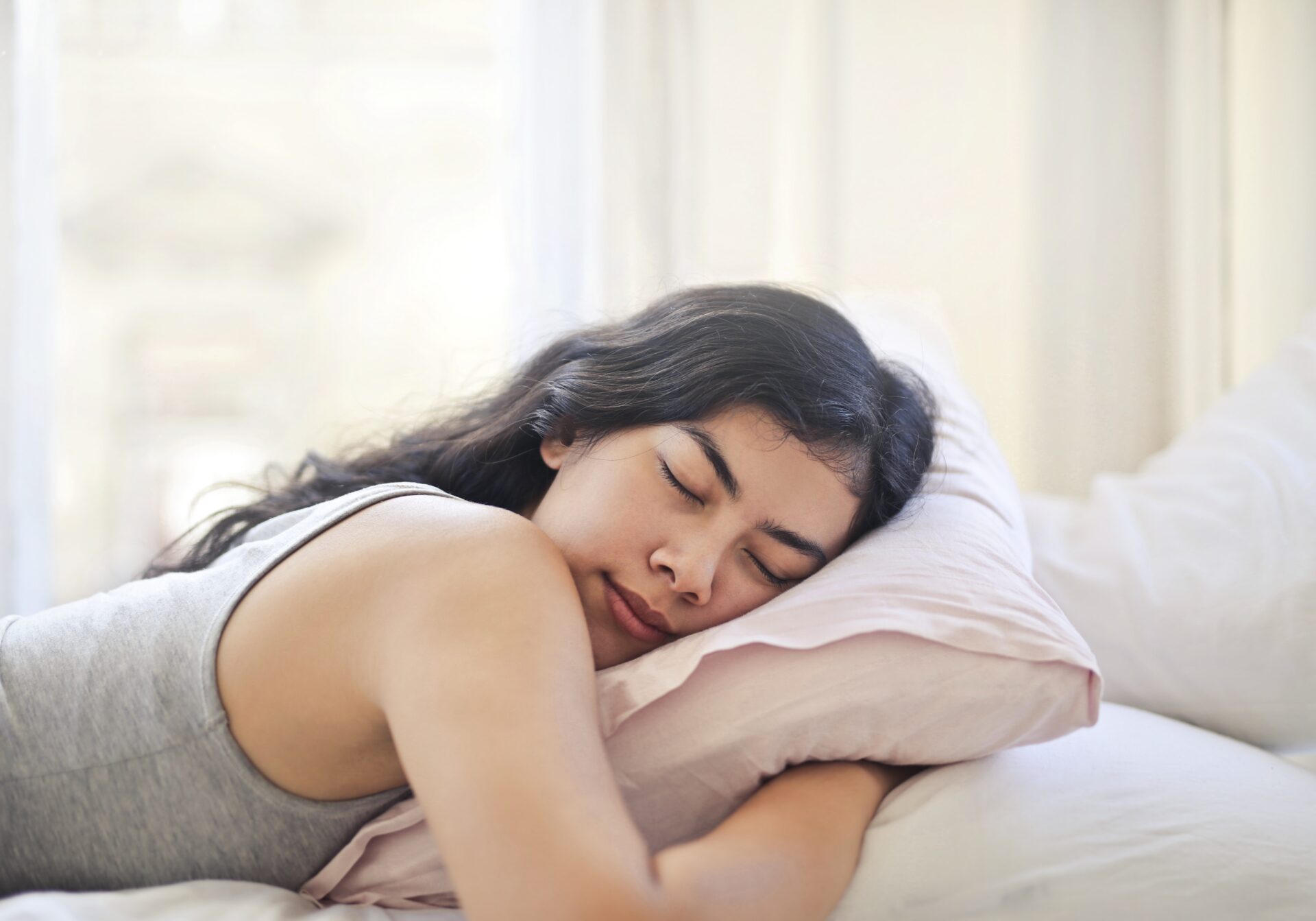Creating A Solid Sleep Routine Can Lead to a Healthier Lifestyle
A solid night of sleep per day keeps the doctor away… or something along those lines, right?
Well okay, maybe not exactly… but sticking to a solid sleep routine can lead to a healthier lifestyle.
How much sleep do I need?
According to the National Sleep Foundation (NSF), it is recommended that healthy adults need between 7 and 9 hours of sleep per night, while babies, young children and teenagers need even more to encourage growth and development. As for adults over the age of 65, it is advised to achieve at least 7 to 8 hours per night.
“It is important to get the necessary amount of sleep per night,” explains Bridget DiFiccio LPC, Senior Vice President of Integrated Health at Acenda, “as sleep can enhance an individual’s quality of life, physical health, emotional wellbeing and mental health.”
 How does sleep affect your health – especially your mental health?
How does sleep affect your health – especially your mental health?
The NSF explains that brain activity fluctuates during sleep, which increases and decreases at certain rates depending on the sleep stage that a person is in within their sleep cycle. There are four different sleep stages: one of which is for rapid eye movement (REM) and three for non-REM (NREM). “Essentially, REM sleep is the stage where your brain experiences intense activity and you have those vivid dreams,” Bridget DiFiccio LPC shares . “It is at this stage that your brain is being restored and your memory and learning skills are being refined.”
Typically, each night an individual goes through several rounds of REM sleep per night. “Each stage, though, is pivotal in improving your overall brain and mental health,” adds Bridget DiFiccio LPC.
Adhering to a healthy sleep schedule can improve your mental health by allowing your brain to better process emotional information and therefore lead to more positive reactions to certain instances or stressors. “You may find that more sleep can create a better emotional balance and sense of ‘inner peace,”’ shares Bridget DiFiccio LPC.
Although the NSF notes that more research is needed to create a more defined correlation between sleep and mental health, officials state that connections do exist as it’s a “multifaceted relationship.”
Can lack of sleep lead to mental health problems?
According to Harvard Medical School, chronic sleep problems affect 50% to 80% of patients in a “typical psychiatric practice” as compared with 10% to 18% of adults in the general U.S. population. Therefore, experts have noted that poor sleep schedules are linked to several mental health conditions, including:
- Depression - As stated by the World Health Organization (WHO), approximately 280 million people worldwide suffer from depression. Furthermore, nearly 75% of people suffering from depression show symptoms of insomnia. “Historically, sleeping problems were seen as a consequence of depression, but growing evidence suggests that poor sleep may induce or exacerbate depression,” notes the NSF. By focusing on improving sleep, individuals may be able to ultimately reduce the symptoms of depression.
- Seasonal Affective Disorder (SAD) - According to various studies, around 5% of Americans experience seasonal depression, which is a subtype of depression that most often impacts people during times of reduced daylight hours. The NSF states that the condition is closely tied to the disruption of an individual’s circadian rhythm, or “internal biological clock,” which often results in too little or too much sleep. “By getting into a better sleep cycle, you can help to alleviate many of the symptoms of SAD,” shares Bridget DiFiccio LPC.
- Anxiety - Anxiety, which affects nearly 20% of adults and 25% of teenagers, creates excess fear or worry that impacts everyday life. Studies have shown that poor sleep can actually activate anxiety within people who are high-risk due to its impact on brain function. Targeted sleep restoration, therefore, can have positive effects on overall improved symptoms.
- Attention-Deficit/Hyperactivity Disorder (ADHD) - As one of the most common neurodevelopmental disorders of childhood, ADHD typically results in sleeping problems for those diagnosed. Although sleep disorders are a common symptom, evidence has shown that sleep problems may actually exacerbate symptoms like reduced attention span or behavior problems.
“Sleep can truly reset and recharge your body,” says Bridget DiFiccio LPC, “and can help to heal and repair your body on physical, emotional and mental levels.”
What can I do to improve my sleep cycle?
Experts recommend the following tips to improve your sleep routine:
- Choosing a mattress that is both supportive and comforting, in addition to finding equally relaxing pillows and bedsheets.
- Disconnecting from all electronic devices, such as cell phones and laptops, for at least 30 minutes prior to laying down.
- Taking note of how much caffeine you consume throughout the day – and avoiding drinking caffeinated beverages, such as coffee or energy drinks, for several hours prior to bed.
- Minimizing light and sound disruptions as much as possible.
- Creating a sleep schedule that works for your lifestyle.
- Implementing healthy relaxation techniques, such as meditation or yoga.
For more information about our mental health services or to make an appointment, please call 844-4-ACENDA (844-422-3632 x9500).
Sources:
https://www.sleepfoundation.org/how-sleep-works/how-much-sleep-do-we-really-need
https://www.health.harvard.edu/newsletter_article/sleep-and-mental-health